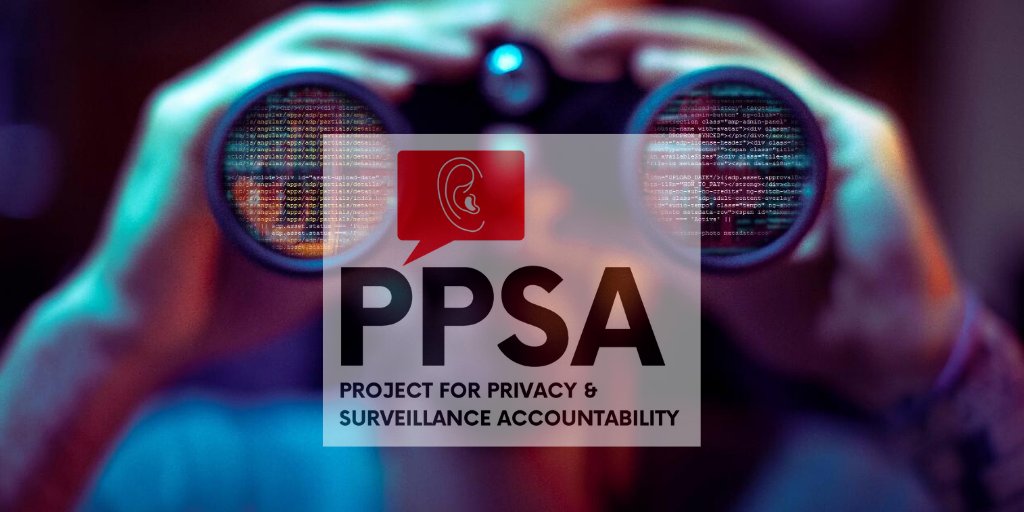|
Although HR 6172 purports to reform the FISA authorities used in surveillance of Carter Page (among others), the problems identified in the Page fiasco would not be fixed by that bill. As the House bill seems to recognize (and we’ve explained in depth here), the best way to avoid situations like the Page disaster—regardless of the particular FISA authority at issue—is for the Foreign Intelligence Surveillance Court to appoint an experienced attorney with security clearance as an “amicus” to advocate for privacy rights. Yet the only possible basis under that bill for appointing an amicus in the Page situation would have been the bill’s provision (section 302) authorizing an amicus when a FISA investigation presents “exceptional concerns” about First Amendment rights. Given that Page was a low-level campaign volunteer, it’s very unlikely the court would have found that the case presented “exceptional” First Amendment concerns.
That’s why the proposed Lee-Leahy amendment is so important to preventing the next Carter Page mess. That amendment would not only relax the general legal standard—from “exceptional” to “significant”—it would also provide express amicus protection in any matter involving “a domestic public official or political candidate, or an individual serving on the staff of such an official or candidate.” That language would clearly have covered the Page situation during the time Donald Trump was still a candidate for President. But that’s not enough: We now know that Page was surveilled, not just during the campaign, but also during the presidential transition and even after President Trump was inaugurated. That illustrates the importance of Lee-Leahy’s coverage for “public officials”—and their staffs—as well as “candidates.” It’s an essential improvement over the House bill if one wishes to credibly claim that the resulting reauthorizing legislation has fixed the Carter Page problem. In short, Lee-Leahy is the only available legislative option that would have protected Carter Page, the President and his staff from the FBI’s machinations, not only during the campaign, but during the transition and the early months of the Trump presidency. We urge you to vote for it. Bob Goodlatte, Former Chair House Judiciary Committee Member of Congress 1993-2019 Buck McKeon, Former Chair House Armed Services Committee Member of Congress 1993-2015 Contact: Gene Schaerr General Counsel Email: [email protected] Phone: (202) 787-1060 Mark Davis Director of Policy Email: [email protected] Phone: (202) 909-5824 Comments are closed.
|
Categories
All
|


 RSS Feed
RSS Feed